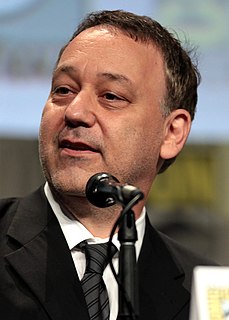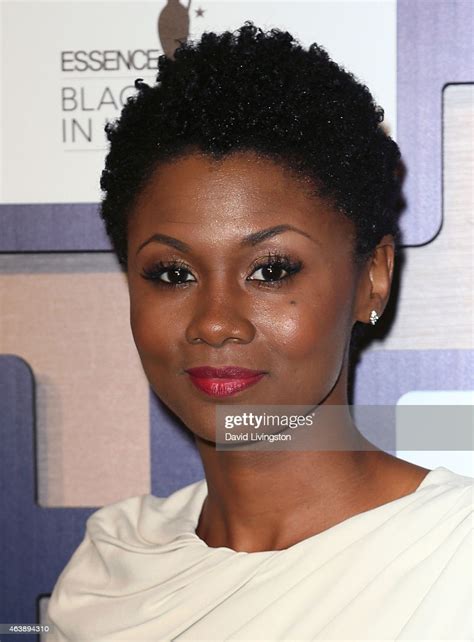A Quote by Joseph Gordon-Levitt
Genres give a vocabulary. They give a frame of reference for the audience to enter into a movie. Then, once they have their footing, that's when you can start doing things that they don't expect.
Related Quotes
How my eyes see, perspective, is my key to enter into His gates. I can only do so with thanksgiving. If my inner eye has God seeping up through all things, then can't I give thanks for anything? And if I can give thanks for the good things, the hard things, the absolute everything, I can enter the gates to glory. Living in His presence is fullness of joy- and seeing shows the way in.
I'm now much more excited about genre distinctions. What I still see breaking down are more the hierarchical arrangements of genres. That is, "There is literary fiction, and then there are lesser genres." I'm much more clear on the idea that literary fiction is itself a genre. It is not above other genres. It is down there in the muck with all the other genres, and it's doing the wonderful things that it does, but to give it a Y-axis, to make it high and low, just seems absurd. I stand by that.
My father was a teacher, my mama was a community worker, I taught in so many schools. So when you get that experience of how to communicate with younger people, put that hand on them and give them that old-school feeling, the maturity and adult, a lot of our kids just need the feeling of that love, and that's the frame of reference that I teach from and that's the frame of reference that all of our musicians in the Jazz at Lincoln Center.
I went to London to do the stuff. I was like "What am I going to do? What's going to happen?" But then once you start working, you forget all that and you start enjoying what you're doing. Once you enjoy the process, you know that people are going to do the same thing. If you don't enjoy it and just do it like a job, then it's going to be feel that way. That's my theory of doing a movie.
So when somebody asks me to make a decision about a situation, I don't offer a solution, I ask a question: What are our options? Give me the good, give me the bad, give me the pretty, give me the ugly, give me the impossible, give me the possible, give me the convenient, give me the inconvenient. Give me the options. All I want are options. And once I have all the options before me, then I comfortably and confidently make my decision.
To say you're going to wiggle your nose and that is going to happen, it won't happen. If you look at major companies who are doing wonderful things, wonderful things and they give their portfolio billions of dollars that they make and they give away $10 million or so, when you start putting the percentages there, what we are doing is significant.
I always hear people say I give the same answers or I don’t give you much. No, I just don’t give you much negativity. When people are negative a lot, it starts to creep into your mind, and then you start having doubts, and I don’t like that. If there’s another way, show me. My job is to stay positive. My job is to limit distractions. And if you get annoyed by that, I don’t expect you to understand because you’re not in my shoes.




































